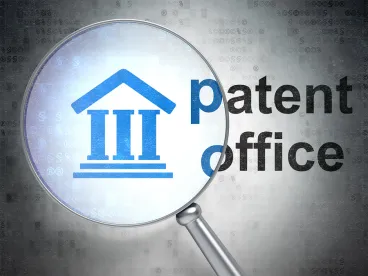With 6 lawsuits, 32 preliminary injunction actions, and over 20 PTAB proceedings, GREE and Supercell have been duking it out in the IP world, with millions of dollars in legal fees being spent in the process.[1] Most recently, the PTAB denied Supercell’s PTAB challenges to GREE patents in early September, while an Eastern District of Texas lawsuit went to verdict and found in favor of GREE on September 18th, awarding $8.5 million dollars in damages to GREE.[2]
The Texas dispute provides several lessons regarding missteps by both sides that weakened their positions. Other gaming companies should consider these lessons in patent disputes.
On the Supercell side, Supercell shot itself in the foot by taking too long to file PTAB challenges against the asserted patents. The district court action was filed on May 28, 2019, but Supercell took 9 months, in a competitor case, to file its PTAB challenges on February 27, 2020. This exposed Supercell to a discretionary denial attack by GREE (that the underlying Texas proceedings were already too far advanced and that it would be inefficient for the PTAB to move forward). The PTAB agreed with GREE’s argument and denied Supercell’s PTAB challenges. Given the denials, no stay of the litigation was possible, resulting in the case moving forward to trial. Supercell also used the same prior art in district court and the PTAB, which increased the risk of the eventual denial of the PTAB challenges.[3]
On the GREE front, GREE complicated its damages case with its history of agreements with Supercell. The jury was informed by Supercell that GREE and Supercell had reached an agreement to settle infringement claims in Japanese court, where Supercell paid GREE $4.5 million for licenses to more than 1,000 patents. Supercell used this agreement to argue that GREE’s $24.6 million demand for 3 patents was too high, given an agreement to license over 1,000 patents for a fraction of that amount.[4] GREE should have foreseen the consequences of such an agreement, and could have taken various actions to avoid Supercell’s argument, including inserting a provision explicitly forbidding the use of the agreement as evidence in any subsequent patent dispute between the parties.
The GREE and Supercell dispute continues to garner interest, as neither company appears able to deliver a strategic knockout blow but instead both continue to rack-up legal bills and costs without an apparent end-game strategy.
FOOTNOTES
[1] Katie Buehler, Mobile Game Biz Wants $24.6M in ‘Clash of Clans’ Patent Trial (Sept. 17, 2020).
[2] Susan Decker and Laurel Brubaker Calkins, Tencent Gaming Unit Must Pay $8.5 Million in ‘Freemium’ Dispute, Bloomberg, Sept. 18, 2020, www.bloomberg.com/news/articles/2020-09-18/tencent-s-supercell-told-to-pay-gree-in-patent-clash-royale.
[3] Id.
[4] Katie Buehler, ‘Clash of Clans’ Game Maker Owes $8.5M, Texas Jury Says, Law360, Sept. 18, 2020.





 />i
/>i

